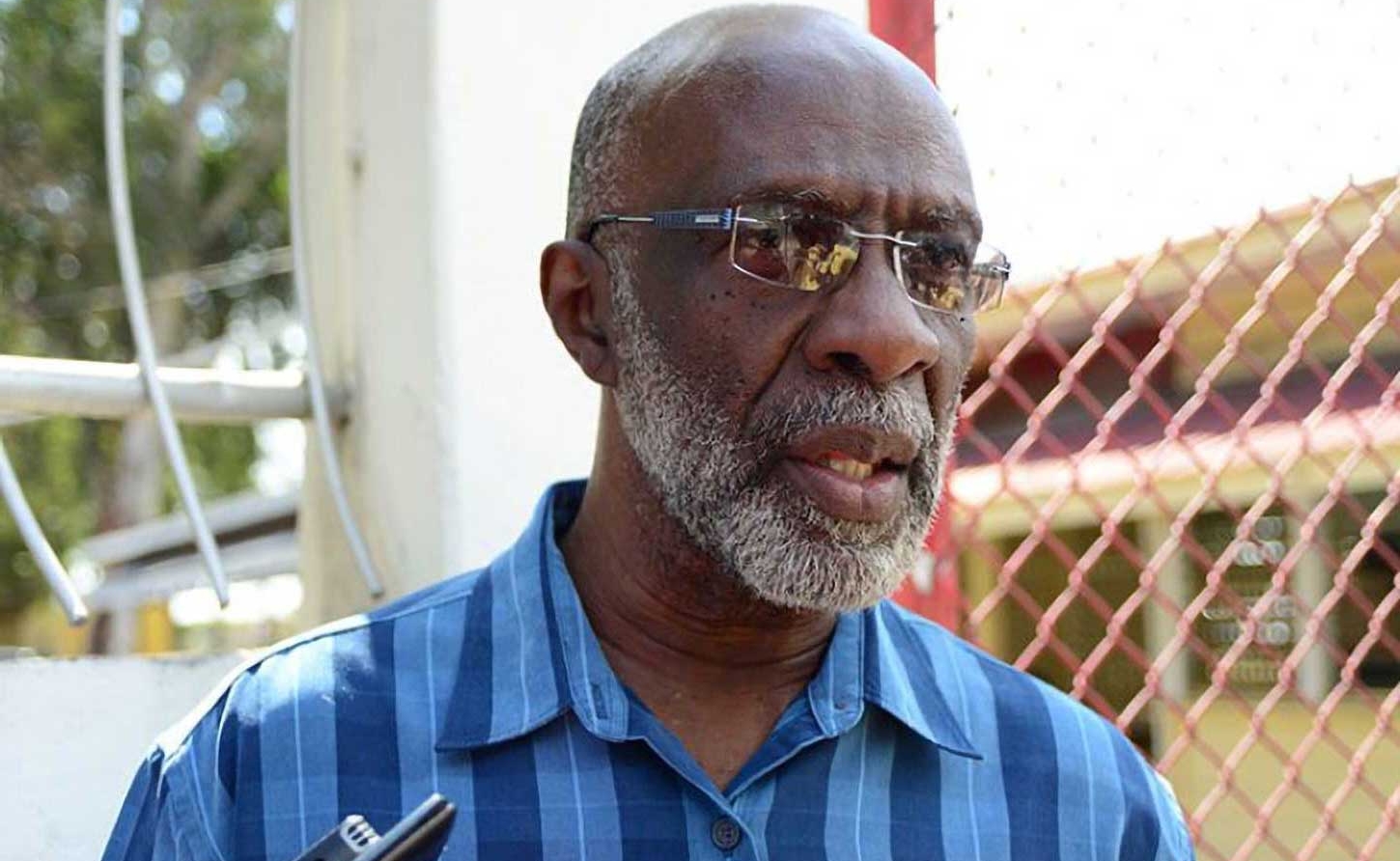GUYANA | Sacred Ground Under Siege: Constitutional Crisis Over Georgetown's Parade Ground

Activist Vincent Alexander's explosive letter exposes government overreach at site of colonial-era massacre
Vincent Alexander pulled no punches in his August 8 letter to the editor. Writing in a state of "tribulation, angst and disgust," the Guyanese activist has launched a scorching legal and moral challenge against what he calls a "sacrilegious act" unfolding at Georgetown's Parade Ground.
He describes the Parade Ground as a place sacred to all patriotic Guyanese, but especially to people of African descent whose ancestors' severed heads were once displayed there on stakes.
The immediate trigger for Alexander's fury is the Ministry of Culture, Youth and Sport's apparent unilateral determination of how Parade Ground should be used, complete with structural developments that bypass Georgetown's municipal authority.
But his letter reveals something far more troubling: a systematic pattern of central government overreach that strikes at the constitutional foundations of local democracy in Guyana.
Where History Bleeds into Present
Alexander's anguish is deeply rooted in historical trauma. Parade Ground stands as an enduring monument to colonial brutality—the site where plantation owners displayed the decapitated heads of African descendants who dared mount a non-violent revolt against the East Coast Demerara estates in their quest for freedom.
That the modern Guyanese state would now impose its will on this hallowed ground "without reference or deference to the descendants of those whose ancestors were the victims of the ultimate crime against humanity" represents, in Alexander's view, a devastating continuity with colonial oppression.
The parallel Alexander draws is chilling: "Like the plantation owners, the Government is resorting to force to impose its will, thought illegal and immoral, on the citizenry."
It's a comparison that transforms what might otherwise be dismissed as a municipal dispute into a profound question about whether Guyana's democracy has truly broken with its colonial past.
Constitutional Collision Course
Alexander's challenge isn't merely emotional—it's grounded in hard legal reality. He cites the Constitution's explicit provision that "Parliament shall provide that local democratic organs shall be autonomous and take decisions which are binding upon agencies and institutions, and upon the communities and citizens of their areas."
Georgetown's municipality, he argues, is precisely such an organ, and Parade Ground falls squarely within its jurisdiction.
The legal framework becomes even more specific through Section 320 of the Municipal and Districts Council Act, which states that "All undivided lands in every council area, except private lands held in joint ownership or ownership in common, shall be under the control and management of the council."
Since Parade Ground constitutes undivided land within Georgetown, the Ministry's unilateral actions represent what Alexander characterizes as clear constitutional and legislative violations.
Perhaps most damning is Alexander's assertion that the government is "actually erecting any structure, without due process, permission, and deference to the Municipality"—a claim that, if accurate, suggests outright lawlessness by the very institutions meant to uphold legal order.
A Pattern of Overreach
Alexander's concerns extend far beyond Parade Ground itself. He warns that "such infringements and unlawful acts by the Ministry are wide spread and prevalent, especially when it comes to undivided lands, in local areas, which have been set aside for recreational purposes."
This suggests a systematic campaign by the central government to usurp municipal authority across Georgetown and potentially other local jurisdictions.
The implications are staggering. If Alexander's allegations prove accurate, Guyana faces nothing less than the hollowing out of local democracy through administrative fiat—a process that transforms constitutionally autonomous local organs into mere extensions of central authority.
The Moral Authority Question
Alexander's most provocative argument concerns governmental legitimacy itself. He contends that when governments violate the rule of law, they "loose the moral authority to impose the Rule of Law"—creating what he calls "creeping elements of a fail state, and illegitimate rule."
It's a stark assessment that positions the Parade Ground controversy within broader concerns about democratic backsliding.
His warning carries particular weight given Guyana's complex political history and the ongoing tensions around governance, representation, and resource control that have marked the nation's post-independence trajectory.
Democracy's Testing Ground
The Parade Ground crisis ultimately poses fundamental questions about the nature of Guyanese democracy. Can local communities retain meaningful autonomy over spaces that hold deep cultural and historical significance?
Will constitutional provisions protecting municipal authority prove more than mere paper barriers against central government overreach?
Alexander's call for the Ministry to "cease and desist from trespassing on Parade Ground, and usurping the authority of the Mayor and City Councilors of Georgetown" represents more than a demand for bureaucratic compliance.
It's a test of whether Guyana's democratic institutions can protect sacred spaces from political appropriation and whether the rule of law applies equally to government and governed.
As Alexander frames it, the people of African descent aren't merely on "moral and just" ground in demanding respect for Parade Ground—they're on "firm legal ground as citizens of Georgetown."
Whether that legal ground proves solid enough to withstand government pressure may well determine the trajectory of Guyanese democracy itself.
The stakes couldn't be clearer: Parade Ground has become the testing ground for whether constitutional democracy or executive convenience will prevail in modern Guyana.
-30-
